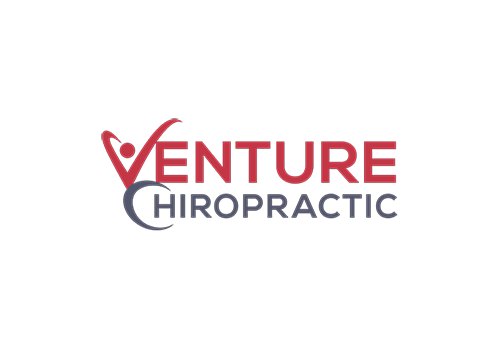
Vitamin D is also known as the “sunshine vitamin”. It is a fat-soluble vitamin that is vital for optimal function. It is found in very few foods, added to other foods, and is readily available in supplement form. Vitamin D is an important player in absorption of calcium in the gut and is needed for bone growth and remodeling. Without sufficient vitamin D the bones can become brittle, immune function lowered, and individuals may not be able to control inflammation. Ideally, we strive to have vitamin D levels in the blood to be above 50ng/mL.
There are numerous studies that support that lower vitamin D levels increase risk of disease.
– A review of 73 cohort studies and 850k people published in 2014 found that adults with lower levels of vitamin D had a 35% increased risk of death from heart disease, 14% greater likelihood of death from cancer and all-cause mortality risk increase of 35% (Chowdhury 2014)
– People with the lowest vitamin D levels had a 90% greater risk of all-cause mortality compared to the highest vitamin D levels (Garland 2014)
– Participants with vitamin D levels below 30 nmol/L were 2.6 times more likely to die compared to those with levels greater than 125 nmol/L (Dudenkov 2018)
The sun is our best source for vitamin D. We must be directly exposed to the sun for our body to make vitamin D. Cloudy days, shade, and darker skin will reduce the amount of vitamin D you can make. You can imagine in our region it is very difficult to obtain adequate vitamin D from the sun to reach the ideal levels, so we must seek out alternative forms. Supplementation can help us achieve the ideal levels and a blood test can be a great start to know where we begin. Though difficult, vitamin D levels can reach toxic levels by taking too much supplemental vitamin D. If you are uncertain where your vitamin D levels are, we can help. We can order a blood test and provide guidance on the proper amount of supplementation necessary to reach the ideal range so our body can function at its best.
Don’t wait until you have a disease to act. We can help you understand what and how much your body may need to feel its best. Please let us if we can help!
- Melanie Dockter, DC CACCP


